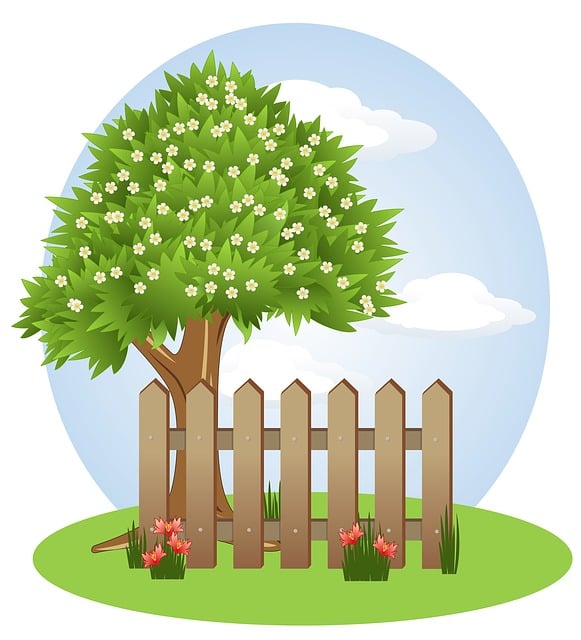In New Bedford, Massachusetts, planning a fence installation project requires understanding both local regulations and cost factors. This comprehensive guide delves into the key aspects that determine fence installation costs in the area. From navigating New Bedford’s specific building codes and permits to exploring material options and labor rates, this article equips homeowners with essential knowledge for accurate budgeting. By the end, you’ll have a clear understanding of what drives estimates, enabling informed decisions for your upcoming fence project.
- Understanding New Bedford's Fence Regulations
- Material Costs for New Bedford Fence Installation
- Labor and Expertise Pricing in New Bedford
- Additional Factors Influencing Fence Installation Cost Estimates
Understanding New Bedford's Fence Regulations
New Bedford, like many cities, has specific regulations and guidelines regarding fence installation to ensure aesthetic consistency and safety within the community. Before proceeding with any fence project in New Bedford, homeowners should familiarize themselves with these local laws. The city’s building department typically oversees and enforces these regulations, which can cover various aspects of fence construction, including materials, height restrictions, setbacks from property lines, and design considerations.
Understanding and adhering to these regulations is essential to avoid permits being denied or costly revisions later on. Homeowners may need to submit detailed plans for approval, specifying the type of fence, its material, color, and location. Fences that encroach on public spaces or interfere with natural light or views may be subject to additional restrictions. It’s advisable to consult the New Bedford building department or a local contractor familiar with these regulations to ensure a smooth and compliant installation process.
Material Costs for New Bedford Fence Installation
The cost of materials plays a significant role in determining the overall price of fence installation in New Bedford, Massachusetts. The variety of fence types available corresponds to different material costs. Common materials include wood, vinyl, and chain-link metal. Wood is often the most affordable option, with prices varying based on the species and quality. Vinyl fencing is slightly more expensive but offers a range of colors and styles, making it a popular choice for homeowners. Chain-link metal fences are typically the most costly due to their durable construction, ideal for security or commercial properties.
Additionally, factors like fence length, height, and complexity can influence material costs. Longer fences require more materials, while custom designs might necessitate specialized pieces, both of which can increase expenses. Property owners should also consider the environmental impact of their material choices, as some manufacturers offer sustainable options, potentially adding or subtracting from the overall budget.
Labor and Expertise Pricing in New Bedford
In New Bedford, labor costs for fence installation can vary widely depending on the complexity of the project and the size of the area to be fenced. Generally, labor accounts for a significant portion of the total cost, often ranging from $25 to $75 per hour. Experienced contractors who specialize in fence installation typically charge higher rates due to their expertise and the precision required for quality work. Homeowners should expect to pay more for custom designs or unique materials that necessitate specialized skills.
The pricing for labor can also be influenced by factors like travel expenses for remote locations, the need for specific permits, and the timing of the project during peak seasons when demand is higher. It’s advisable for homeowners in New Bedford to obtain multiple quotes from local contractors to get a clearer picture of the labor costs associated with their fence installation project.
Additional Factors Influencing Fence Installation Cost Estimates
When obtaining New Bedford, Massachusetts fence installation cost estimates, several additional factors can significantly impact the final price. One of the most critical influences is the type of fence material chosen. Different materials, such as wood, vinyl, or chain-link, have varying costs and durability levels. For instance, while wood fences may be more aesthetically pleasing, they generally require more frequent maintenance and replacement compared to vinyl fences, which are known for their low-maintenance properties and longevity.
Another factor is the size and complexity of the fence project. Larger fences or those with intricate designs often involve more labor and materials, leading to higher installation costs. Additionally, access to the site can play a role; narrow or challenging entry points may incur additional charges due to the need for specialized equipment or maneuvering. Landscaping features, existing structures, and utility lines within the fence’s path also require careful consideration, as they might add complexity or necessitate adjustments to the original plan.
